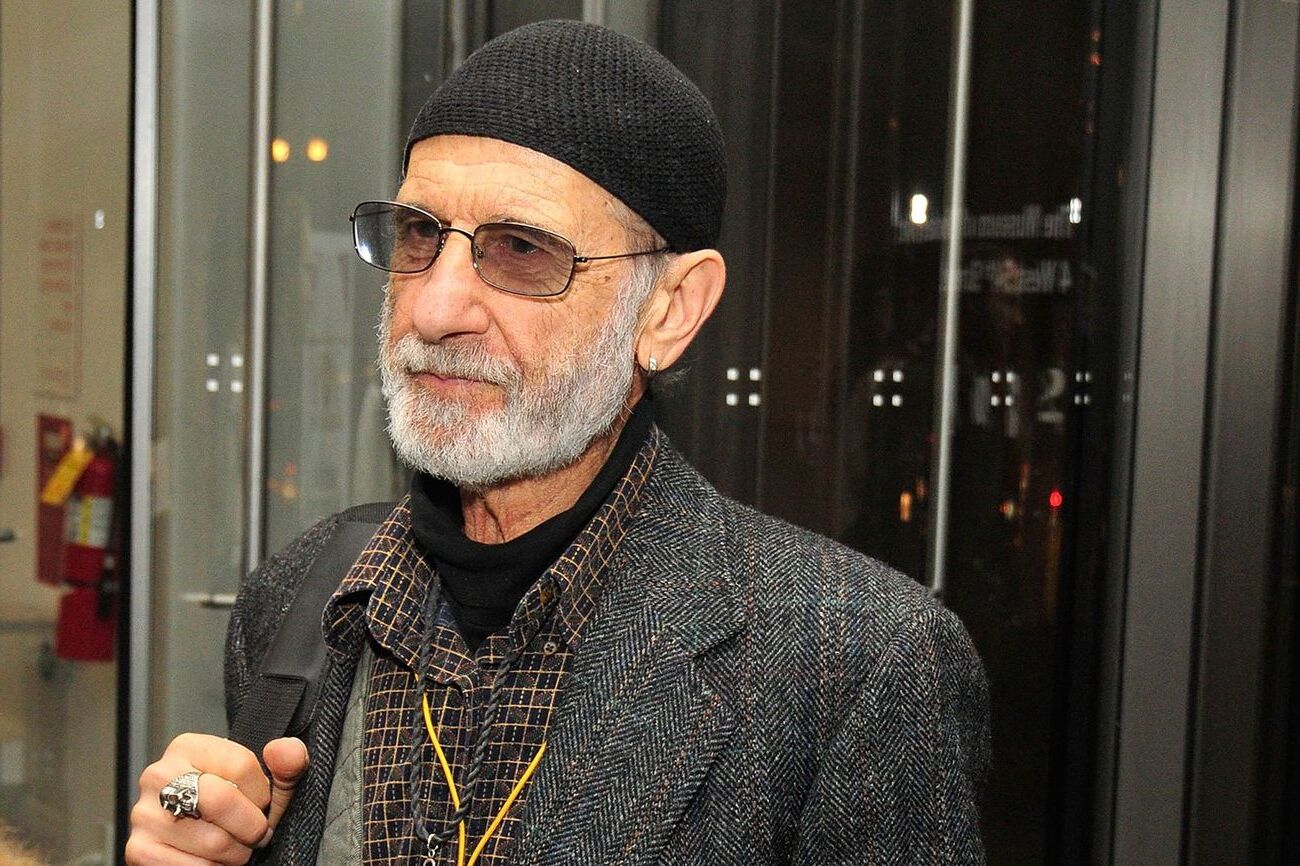
Who is Frank Serpico? Frank Serpico is a name that resonates with courage, integrity, and a relentless fight against corruption. Born in Brooklyn, New York, he became a symbol of bravery when he exposed widespread corruption within the New York City Police Department in the late 1960s and early 1970s. His story was so compelling that it inspired a best-selling book and an Oscar-nominated film starring Al Pacino. But beyond the headlines and Hollywood, Frank Serpico is a man of complex character, driven by a deep sense of justice. Ready to dive into 35 intriguing facts about this iconic whistleblower? Let's get started!
Key Takeaways:
- Frank Serpico, a former NYPD officer, bravely exposed police corruption, leading to significant reforms. His story continues to inspire integrity and courage in law enforcement and society.
- Despite facing retaliation and threats, Frank Serpico's courage as a whistleblower sparked change and continues to influence police reform and accountability today.
Early Life and Background
Frank Serpico's early years shaped his future as a whistleblower and advocate for police reform. Here are some intriguing facts about his beginnings.
- Born on April 14, 1936, in Brooklyn, New York, Frank Serpico grew up in a working-class Italian-American family.
- His parents, Vincenzo and Maria Serpico, were immigrants from Italy who instilled strong values in their children.
- As a child, Serpico was fascinated by law enforcement and dreamed of becoming a police officer.
- He served in the U.S. Army from 1957 to 1959, stationed in South Korea, which further fueled his desire to join the police force.
Career in the NYPD
Frank Serpico's career in the New York Police Department (NYPD) is legendary, marked by his courage and commitment to justice.
- Serpico joined the NYPD in 1959, starting as a patrolman in various precincts across the city.
- He quickly gained a reputation for his dedication and integrity, often going above and beyond his duties.
- In 1967, Serpico was promoted to plainclothes detective, a role that exposed him to widespread corruption within the department.
- He refused to participate in corrupt activities, which made him a target among his peers.
- Serpico's efforts to expose corruption led to an investigation by the New York Times in 1970, bringing national attention to the issue.
The Whistleblower
Serpico's decision to blow the whistle on police corruption was a turning point in his life and career.
- In 1971, Serpico testified before the Knapp Commission, a panel established to investigate corruption in the NYPD.
- His testimony revealed systemic corruption, including bribery, extortion, and protection rackets.
- Serpico's bravery in speaking out led to significant reforms within the NYPD, including the establishment of the Internal Affairs Bureau.
- Despite his efforts, Serpico faced retaliation from fellow officers, including threats to his life.
- On February 3, 1971, Serpico was shot in the face during a drug bust, an incident many believe was a setup by corrupt officers.
Life After the NYPD
After leaving the NYPD, Serpico continued to advocate for police reform and justice.
- Serpico retired from the NYPD in 1972, receiving a disability pension due to his injuries.
- He moved to Europe, living in countries like Switzerland and the Netherlands for several years.
- In 1973, his story was adapted into a film titled "Serpico," starring Al Pacino, which brought his story to a wider audience.
- Serpico returned to the United States in the 1980s, settling in a secluded cabin in upstate New York.
- He continued to speak out against police corruption, giving lectures and interviews on the subject.
Personal Life and Legacy
Frank Serpico's personal life and legacy are as compelling as his career.
- Serpico has been married four times and has one son, Alexander.
- He is an avid animal lover, often seen with his pet dogs and cats.
- Serpico practices a holistic lifestyle, including organic farming and alternative medicine.
- He has written several books and articles on police corruption and reform, sharing his insights and experiences.
- In 2017, Serpico received the President's Award from the National Association of Police Organizations for his contributions to law enforcement.
Impact on Popular Culture
Serpico's story has left a lasting impact on popular culture, inspiring films, books, and more.
- The 1973 film "Serpico," directed by Sidney Lumet, is considered a classic and earned Al Pacino an Academy Award nomination.
- Serpico's story was also adapted into a television series in 1976, starring David Birney.
- He has been referenced in numerous TV shows, movies, and songs, becoming a symbol of integrity and courage.
- Serpico's life was the subject of a 2017 documentary titled "Frank Serpico," directed by Antonino D'Ambrosio.
- His story continues to inspire new generations of activists and reformers.
Continuing Influence
Even today, Frank Serpico's influence on law enforcement and society remains strong.
- Serpico remains active on social media, using platforms like Twitter to share his views on current events and police reform.
- He has been a vocal supporter of the Black Lives Matter movement, advocating for accountability and justice.
- Serpico's efforts have inspired numerous whistleblowers in various fields, encouraging them to speak out against corruption.
- He has received numerous awards and honors for his bravery and contributions to law enforcement.
- Serpico's legacy is a testament to the power of one individual's courage to bring about change.
- His story serves as a reminder of the importance of integrity, honesty, and the fight for justice in all aspects of life.
Frank Serpico's Enduring Legacy
Frank Serpico's story isn't just about exposing corruption; it's about courage and integrity. His bravery in the face of danger and his unwavering commitment to justice have left a lasting impact on law enforcement. Serpico's actions led to significant reforms within the NYPD, making it a safer and more accountable institution. His life reminds us that one person's determination can spark change. Even after retiring, Serpico continues to advocate for police reform, showing that his fight for justice didn't end with his career. His legacy inspires future generations to stand up against wrongdoing, no matter the cost. Frank Serpico's journey is a testament to the power of truth and the importance of standing up for what's right. His story will continue to resonate, reminding us all of the value of integrity and the impact one individual can have on society.
Frequently Asked Questions
Was this page helpful?
Our commitment to delivering trustworthy and engaging content is at the heart of what we do. Each fact on our site is contributed by real users like you, bringing a wealth of diverse insights and information. To ensure the highest standards of accuracy and reliability, our dedicated editors meticulously review each submission. This process guarantees that the facts we share are not only fascinating but also credible. Trust in our commitment to quality and authenticity as you explore and learn with us.


